With data increasingly becoming the lifeblood of many companies, businesses must ensure that data stored and used meets regulations, standards, and legal requirements.
Yet, meeting compliance regulations is often complex and difficult to manage. That’s why over 34% of businesses are turning to outsourcing for their compliance needs. But outsourcing is just the start. Data compliance is about understanding data security standards, data privacy laws, and developing the internal processes to ensure data protection.
In this article, learn about data compliance and how to mitigate compliance risks for your business.
What Is Compliance Risk?
Compliance risk is the risk (i.e., potential for data loss or data misuse) associated with a company failing to adhere to data regulations and laws. Examples of data regulations and laws businesses must abide by include the following:
- Health Insurance Portability and Accountability Act (HIPAA)
- General Data Protection Regulation (GDPR)
- Gramm-Leach Bliley Act (GLBA)
- California Consumer Protection Act (CCPA)
- Payment Card Industry Data Security Standard (PCI-DSS)
Non-compliance with data regulations and laws can lead to severe consequences such as fines and penalties, as well as litigation and reputational damage. Companies need to be aware of compliance risks according to their industry to protect their data and prevent data breaches.
Why Is It a Risk?
Compliance risks can be costly for businesses. Data breaches can result in significant financial losses as well as damage to a company’s reputation. It is therefore essential for businesses to take data compliance seriously and invest in data security measures.
The Common Types of Data Compliance Risk
The most common types of compliance risk include:
1. Lack of Regulatory Understanding
Companies must understand the data regulations and laws applicable to their business to be compliant. Failure to do so can result in data mismanagement, data misuse, data theft, and other data breaches.
2. Poor Cyber Hygiene
Poor cyber hygiene is a lack of data protection measures that lead to data security vulnerabilities. For example, data encryption and data authentication are essential data security measures that should be implemented to protect data. Failing to update software or not using multi-factor authentication can leave data exposed to data breaches.
3. Data Misuse
Data misuse is using data for purposes which it was not intended for. Data misuse can include collecting data without consent or using data without permission. Often, data misuse occurs when data is shared with third parties and data privacy policies are not followed.
4. Social Engineering
Social engineering is a data security risk where data is accessed by deceptive means such as phishing or impersonation. Companies should be aware of data security threats such as phishing, malware, and ransomware and educate their employees on data protection best practices.
5. Unauthorized Sharing or Access
For efficiency’s sake, sometimes employees will bypass security policies and share data with unauthorized parties or access data they do not have permission to access. However, unauthorized data sharing or access can lead to data breaches and data privacy violations.
Companies should teach their employees data security best practices and data protection policies to ensure data is not shared or accessed without permission. This also includes restricting data access to only those who require it and implementing data encryption technology.
How Can Businesses Mitigate Compliance Risks?
To protect data and mitigate compliance risks, businesses should consider the following measures:
1. Implement Data Security Policies
Businesses should create data security policies that outline data privacy protocols and data protection best practices. All employees should be educated on data compliance regulations and data security policies to ensure they are aware of their data responsibilities.
2. Implement Data Encryption
Data encryption is an essential measure businesses should take to protect data from cyber attacks, malware, data breaches, and data theft. Data encryption will ensure data is secure even if it is accessed by an unauthorized party.
3. Partner with a Data Compliance IT Provider
Partnering with an IT provider can help businesses ensure data is compliant with data regulations and data security protocols. An IT provider specializing in compliance will be able to assess data security risks and provide data risk mitigation strategies.
4. Educate Employees about Data Protection Best Practices
Employees should be aware of data protection best practices to ensure data is securely handled and data privacy protocols are followed. Businesses should invest in data security training for employees on compliance regulations, data encryption techniques, data authentication methods, and other data security measures.
5. Regularly Audit Data Security Measures
Businesses should regularly audit data security measures to ensure data is secure and data privacy protocols are followed. This includes using compliance software to monitor data activity and ensuring data encryption technology is effective in protecting data.
6. Monitor Data Access and Data Sharing Activities
Businesses should also monitor data access and data sharing activities to ensure data is only accessed by authorized individuals and data is not shared with unauthorized parties. This will help reduce risk and ensure compliance.
7. Establish a Data Governance Team
Businesses should establish a data governance team to enforce data security policies, monitor data access and data sharing activities, and ensure compliance. This team can act as an internal data security check and help reduce data risks.
Meet Data Compliance Regulations with TrinWare
Keeping track of the compliance regulations your industry is subject to can be difficult. That’s why businesses rely on IT providers like TrinWare for data security risk assessment and data privacy solutions.
Our data compliance solutions include data security policies, data encryption, data authentication methods, data monitoring capabilities, and more. Contact TrinWare today for data compliance solutions and protect your data from data breaches, data theft, and data privacy violations.




